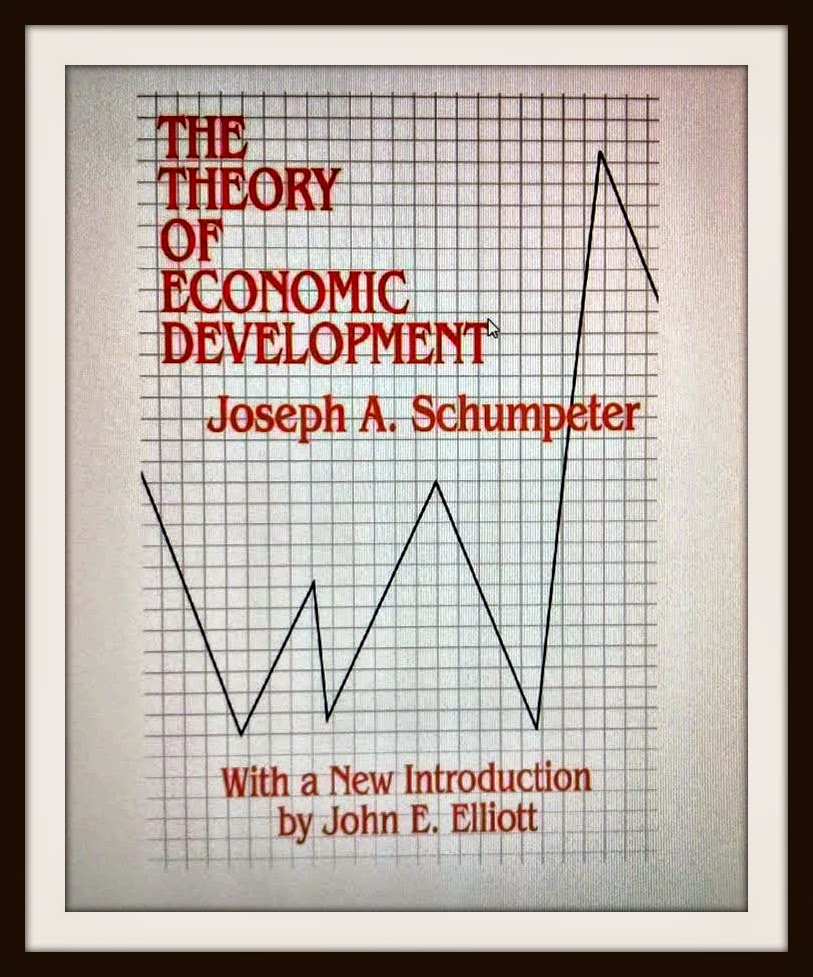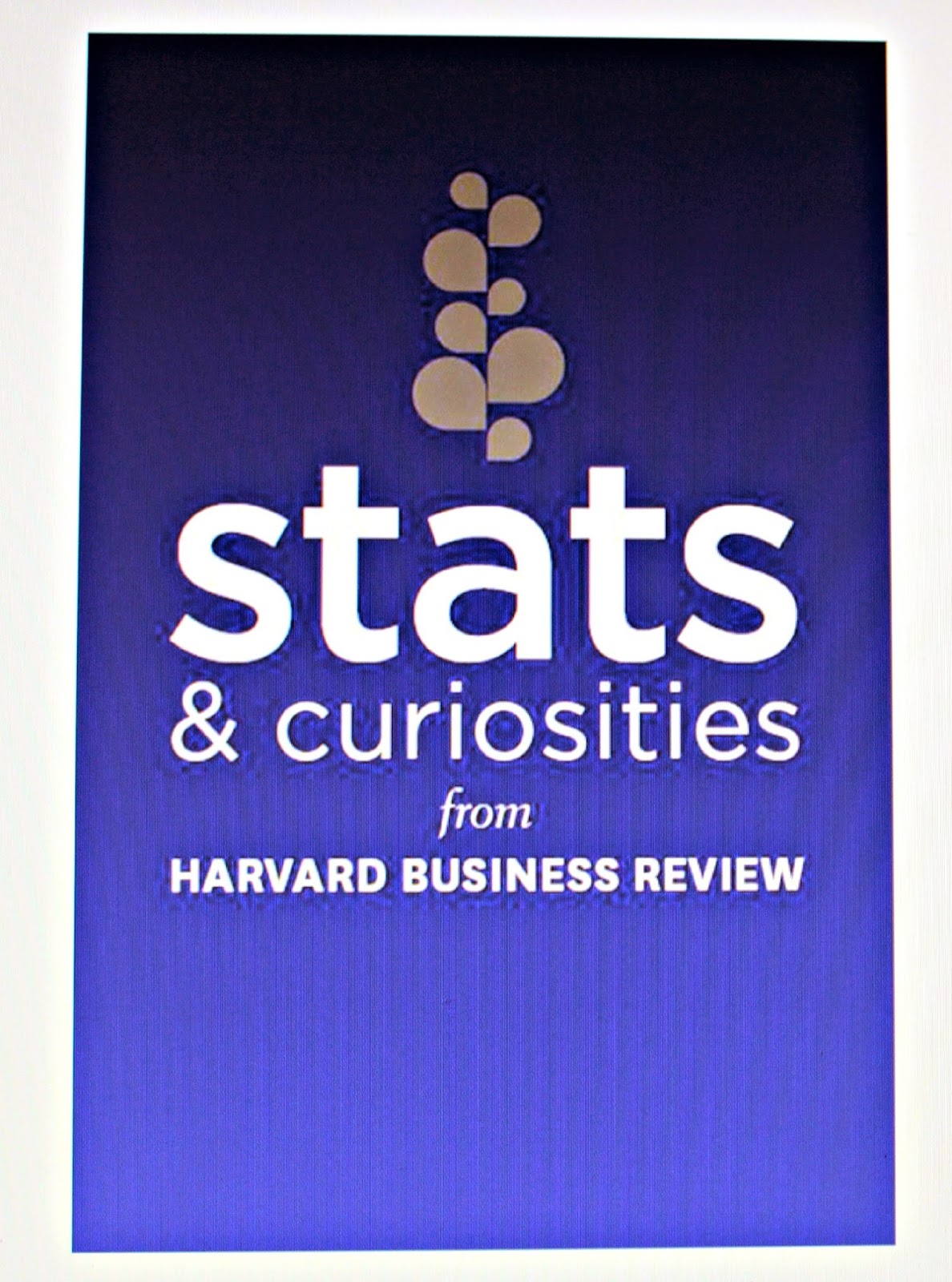Joseph
Schumpeter is known as the “Prophet of Innovation” and published his work The
Theory of Economic Development at 28 years of age (1).
As an economist he didn’t receive much attention because he wasn’t in alignment
with the popular Keynesian Economics of the time (2).
His greatest achievement being the
meshing of sociology with economics to make a system of development.
The
chapters of the book are:
(I) The Circular Flow of Economic
Life as Conditioned by Given Circumstances;
(II) The Fundamental Phenomenon of
Economic Development;
(III) Credit and Capital;
(IV) Entrepreneurial Profit;
(V) Interest on Capital;
(IV) The Business Cycle.
Schumpeter
believed in a perfect equilibrium where there are no profits, no savings, no
new products, no voluntary unemployment, or need. It is a system of economic
flow where there is no need to adapt, adjust, or change because everything is
running smoothly. This perfect equilibrium either never existed or only exists
for a short time before the system changes again.
The
economic system is forever in constant flux. It is being destroyed and rebuilt
to adapt to new situations. Combinations occur to help solve economic problems
through the use of innovation. As a system adjusts it must then readjust through
innovation. This innovation pushes the system to new heights.
Entrepreneurs
are the catalyst to change. When they innovate a new product or service it
forces the system to adjust again. Entrepreneurs rely on credit and must be
productive to pay that credit effectively. Their production encourages copycat
adaptations not only in the field in which the product was produced but also in
other fields as well leading to wider innovations that further the system.
As
products become adapted they will naturally experience a reduction of value as
the market becomes saturated. This saturation offers a lower return on
investment and in turn forces companies to innovate the product again. Failure
to innovate the product means that companies cannot pay their loans or earn
profits. Capital must be available to start anew.
In
this book I find three main concepts of significant importance 1.) Sociology as
part of the economic system, 2.) A flow of interconnected elements and 3.) Combinations.
To me economics is about fulfillment of human need and when it fails to fulfill
human need the economic system collapses and changes. Schumpeter touched upon
the wider impact of disruptive technology that forces related components to
adjust and reshape themselves within the market. Finally, combinations is
literally the combination of one idea to the next even though it is seen in the
Schumpeterian model as the combination of physical elements to create new
products.
Beyond
Schumpeter we find that societies are contracts between the governed and
those doing the governing. All systems must allow for the manifestation of
knowledge and motivation for maximum growth. When political, economic, or legal
systems block that effort the system starts a slow decline. That system should
encourage effort among the masses to speed up the economic elements and allow
for the combinations of thought to be realized as the combinations of physical
elements in the creation of new products and services. Maximum freedom in human
effort should be encouraged beyond that which is necessary to protect the
system, the people within the system or the environment in which they live.


